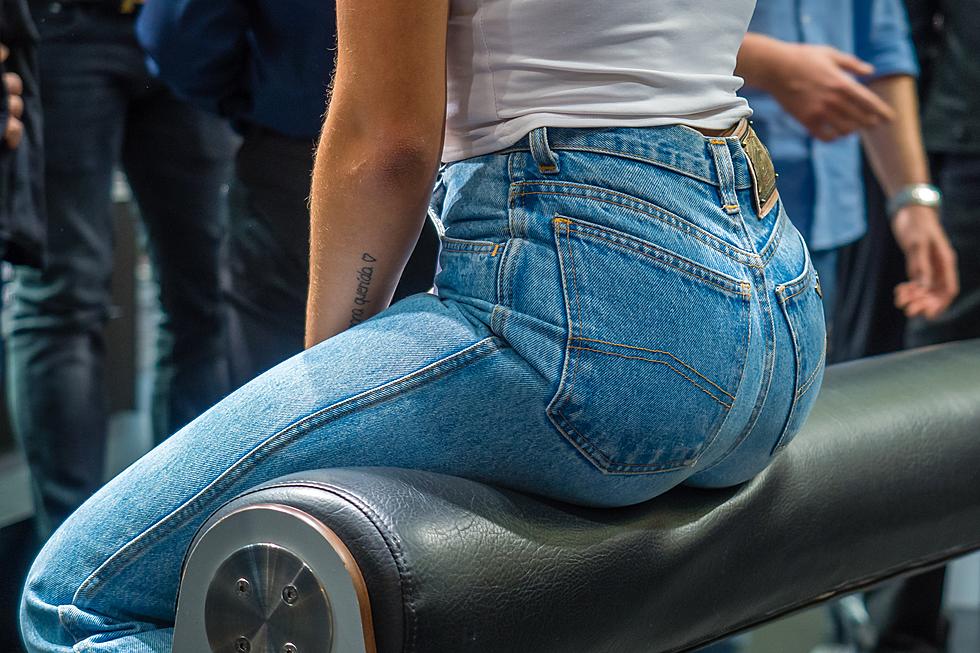
Sanitizing Your Clothes Could Help Prevent Illness
We all know by now we should be washing our hands and practicing good hygiene to help prevent the spread of the coronavirus.
But remember, it's also important to keep the things we touch clean and sanitized.
One of those things we touch every day is our clothes. Did you know that the way you wash your clothes can actually make them dirtier?
Health experts have some tips on keeping your clothes free of germs and dirt.
Coronavirus Can Thrive on Clothes
If you've been in a high contact area, shed your clothes and wash them right away.
A lot of us are coughing into our elbows. Keep in mind if you do that, your clothes are a carrier of germs. The fabric on your elbow could contain an infectious virus for up to a week or more.
Anyone that touches your clothes and doesn't wash their hands can pick up your germs. The same goes for someone that coughs or sneezes into their hands and touches your clothes.
Tips to Sanitize Your Clothes
1) Wash new clothes before wearing them.
Keep in mind, you don't know who has tried on those clothes or if they were worn and returned.
Always wash new clothes before wearing them. New fabric finishes contain formaldehyde, fragranced starches, and insecticides.
Soak new clothes in one cup or more of baking soda before washing to neutralize these potentially allergenic chemicals.
2) Know how detergents work.
Detergents work by loosening and binding to dirt, then lifting it up and out of clothes. Detergent and dirt become one unit.
So, if you don't completely rinse out the detergent, you're not completely rinsing out the dirt. Too much detergent can equal dirty, irritating clothes.
3) Don't crowd.
Don't overload your washer. Your detergent needs room to circulate through your clothes so it can clean. Plus, you need lots of water to carry the loosened dirt and oils away.
4) Don't add too much detergent.
Actually, for a full-size load, you should use half the recommended amount of detergent. Detergent manufacturers often overestimate the amount that's actually needed.
Fragrance-free detergents are the best as they don't contain petrochemical perfumes which can aggravate allergies and irritate sensitive skin.
5) Use baking soda and vinegar.
Add 1/2 cup of baking soda to your detergent. The baking soda helps detergents work better because they maintain a neutral pH in your laundry water and deodorize clothes without synthetic fragrances that mask odor.
To remove the detergent's chemical alkaline residue, add 1/2 cup of white distilled vinegar to the final rinse cycle.
6) Consider hard and soft water.
Soft water cleans fabrics better than hard water. Minerals such as calcium and magnesium make water hard and can leave mineral deposits on clothes causing them to wear faster and fade.
Slightly more detergent may be necessary for very hard water and less for very soft water. You'll just have to experiment.
The takeaway from all this is that you should treat your clothes like your skin. Wash them frequently because they're a carrier of germs just like your body.
More From News Talk 96.5 KPEL









